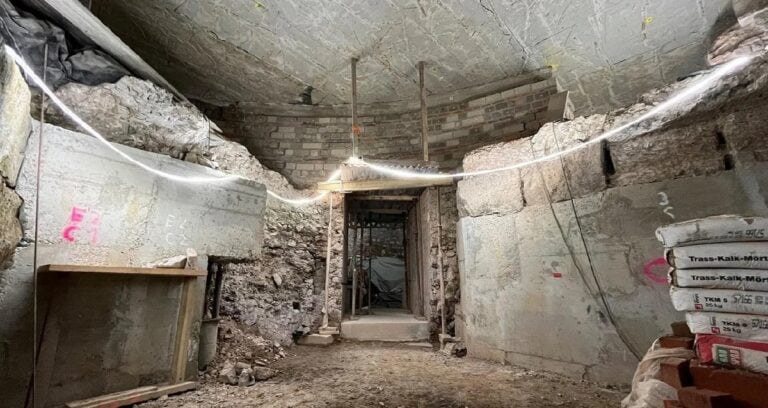history
Know everything there is to know about the history of World War 2 and the Holocaust? Well versed in momentous historical events like the sinking of the Titanic and the Kennedy assassination? Intimately acquainted with renowned historical figures ranging from icons like Billy the Kid to underappreciated heroes like Desmond Doss?
Even if you’re an expert on everything from Ancient Egypt to the American Civil War, not only do these well-worn topics have far more to offer than most people realize but so does the entirety of human history itself. Our collective past — from the first civilizations of the ancient world through the Middle Ages and into the modern era — is brimming with astounding discoveries, captivating characters, and stories that’ll make even the most seasoned history buff’s head spin.
Whether it’s little-known history stories like the tale of human zoo exhibit Ota Benga or the legend of ancient Chinese warrior-turned-Disney hero Hua Mulan, these interesting history articles reveal the fascinating nuggets you definitely didn’t learn in high school. Dive into the annals of history and discover everything there is to know about the triumphs and tragedies of the years, decades, and even millennia long gone by.



















